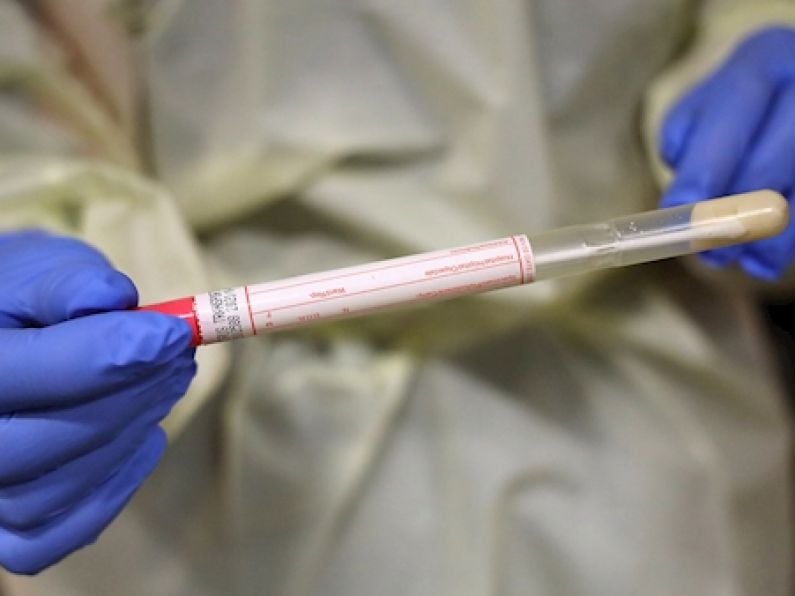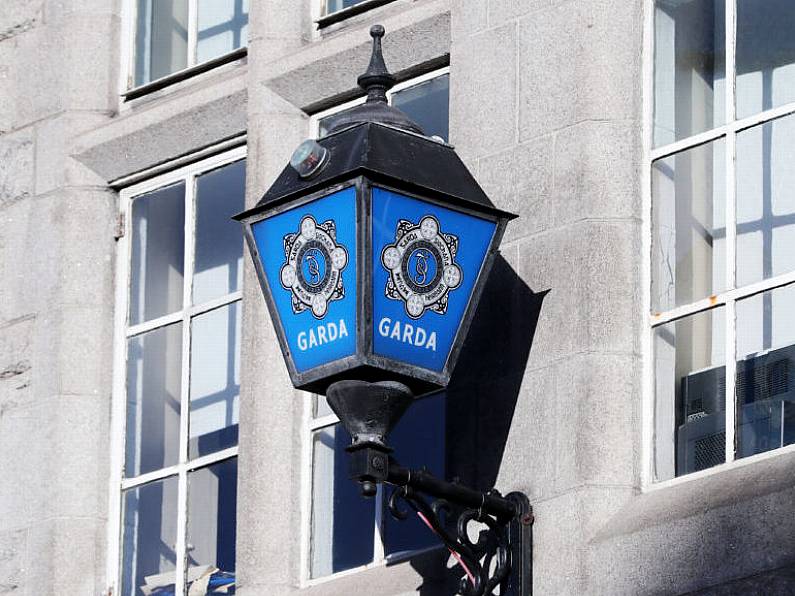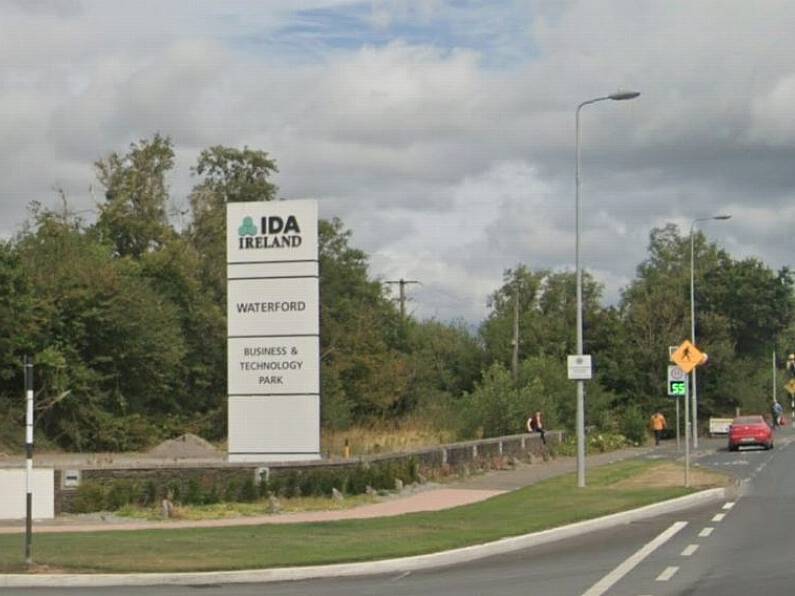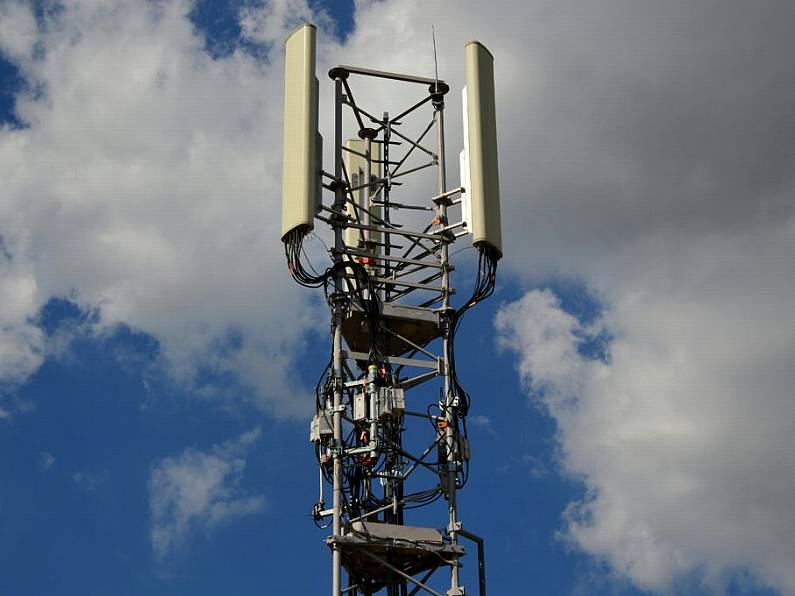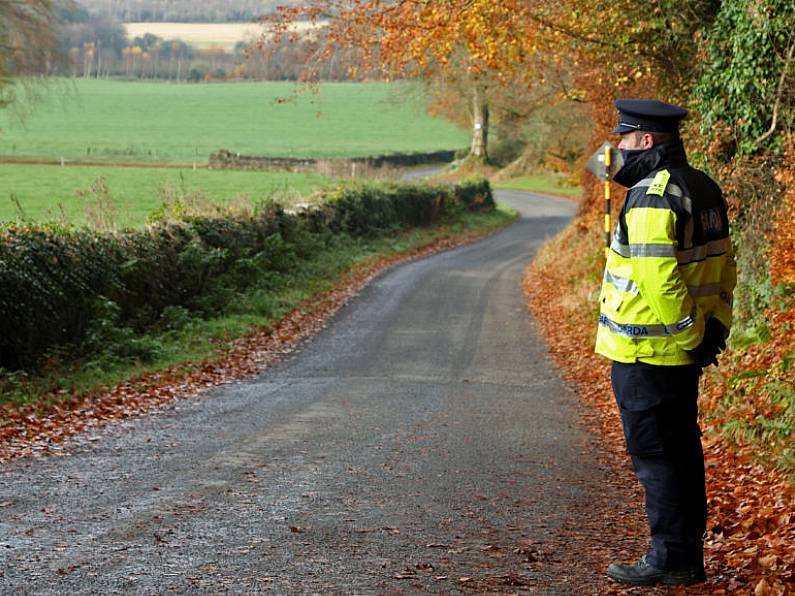James Cox
No further Covid-19 related deaths were reported today, while 575 additional cases have been confirmed in the Republic of Ireland.
There has now been a total of 4,534 Covid-19 related deaths in Ireland.
As of midnight, Sunday, March 14th, the Health Protection Surveillance Centre (HPSC) has been notified of 575 confirmed cases of Covid-19.
There is now a total of 227,316 confirmed cases of Covid-19 in Ireland.
As of midnight, Sunday 14th March, the HPSC has been notified of 575 confirmed cases of Covid-19. There is now a total of 227,316 confirmed cases of Covid-19 in Ireland.
There are 8 new cases in Waterford, the 14-day incidence of Covid-19 locally has increased slightly to 103.3 cases per 100,000.
Of the cases notified today:
- 289 are men/282 are women.
- 73 per cent are under 45 years of age.
- The median age is 30 years old.
- 232 are in Dublin, 48 in Meath, 41 in Tipperary, 38 in Kildare, 30 in Galway and the remaining 186 cases are spread across 20 other counties.
As of 8 am today, 360 Covid-19 patients are hospitalised, of which 85 are in ICU. 25 additional Covid-19 cases have been recorded in Irish hospitals in the past 24 hours.
As of March 12th, 606,904 doses of the Covid-19 vaccine have been administered in Ireland.
- 443,092 people have received their first dose.
- 163,812 people have received their second dose.
Deputy chief medical officer Dr Ronan Glynn said: “While there has been a very understandable focus on the vaccine programme over recent days, we must not lose sight of the danger that Covid-19 continues to pose. While, in time, vaccines will have a very significant positive impact on Covid, they will not stop a further wave of disease over the coming weeks.
“We are seeing this play out across Europe with many countries now experiencing pressure on their hospital and critical care capacities. We must not let this happen here.”
Dr Glynn added: “Together, we have done an extraordinary job of driving down the incidence of disease. These efforts are cause for real hope and, if we can return to decreasing indicators of disease, we can continue to protect our loved ones and look forward to much brighter days ahead.”
Professor Karina Butler, chair of the National Immunisation Advisory Committee (Niac) said: “All vaccines authorised for use in Ireland are proven to be very effective against severe Covid-19 disease. The safety of vaccines is underpinned by the ongoing monitoring that the NIAC, the HPRA and the EMA undertake on a rolling basis.
“We will continue to monitor the situation relating to Covid-19 Vaccine AstraZeneca and if we can be satisfied that these events are coincidental and not caused by this vaccine, we will reassess the situation and our recommendations. The HPRA will keep NIAC fully informed as the EMA investigation progresses and we, in turn, will ensure to keep you updated.”
Dr Ray Walley, member of the National COVID-19 GP Liaison Committee said: “Every medication, including every vaccine, has side effects. Our role as clinicians is to weigh up the benefits and risks of medications. I want to reassure those who have received a Covid-19 vaccine in this country that there are, and continues to be, enormous benefits in the vaccine programme, based on evidence relating to all the vaccines we’re using in this country, including Covi-19 Vaccine AstraZeneca.”
“Evidence coming to light from other countries, and here in Ireland, indicates benefits for older people and vulnerable people, in terms of reduced hospitalisation and reduced death, particularly in older and frailer people. The temporary deferral of use of Covid-19 vaccine AstraZeneca is necessary in order to give the assurance that we’re taking notice if there are any safety signals at all, any risks that may be identified during the considerable, ongoing monitoring of vaccination programmes internationally, and I hope people take comfort from this cautious approach.”
Professor Philip Nolan, Chair of the National Public Health Emergency Team (Nphet) Irish Epidemiological Modelling Advisory Group, said: “I noted last week that we are also seeing an increase in mobility, and, while some increase is to be expected due to many returning to school, we must continue to be very cautious. Now is not the time to be socialising, it’s just too risky.
“We must do all we can to continue to suppress this virus and to ensure that as many people as possible get to benefit from vaccination over the coming months. Each of us knows the range of tried and trusted tools at our disposal. If we continue to keep our distance, wash our hands, wear face masks and stay home we will continue to drive down transmission of this disease.”



